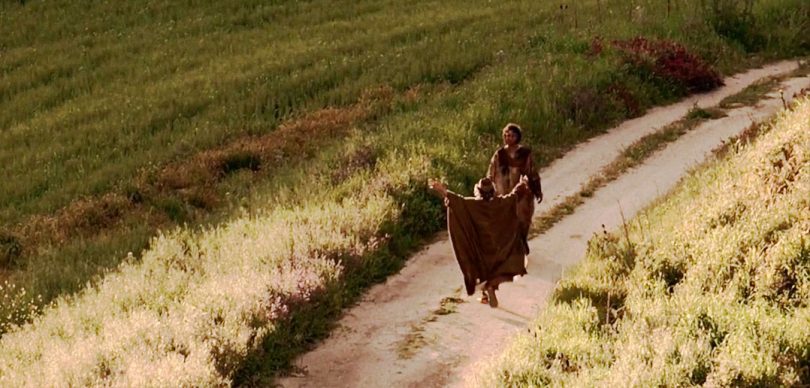The biblical story of the Prodigal Son (Luke 15: 11-32) is important for us to fully understand the ways in which sin and poverty work together. The son wanted his share of inheritance from his father. Once he got hold of the money, the son took off to a distant land for a life of dissolution, partying and lust. The consequences of this lifestyle was poverty: “After he had spent everything, there was a severe famine in that whole country, and he began to be in need. So he went and hired himself out to a citizen of that country, who sent him to his fields to feed pigs. He longed to fill his stomach with the pods that the pigs were eating, but no one gave him anything” (verses 14-16). The lesson outlined here is that sin brings poverty. God does not want us to be poor. The common cultural influence of “social justice” which attempts to battle poverty, coming from various religious and non-religious, left-leaning movements is simply not enough to create true justice for people on earth. The contemporary push for justice is Marxist and non-spiritual, claiming that certain people are disadvantaged and need help. Their arguments, among other points, involves changing laws to bring more justice and equity to marginalized people. This argument is a secular perspective that lacks spirtual power. It may have temporary effect, but not long-term power to create lasting change. The push for justice must always be accompanied with the proclamation of Good News, that Jesus Christ died and if we believe in Christ, we can experience Eternal life and Salvation on earth. This link between poverty and sin is made clear by the confession of the Prodigal Son: “Father, I have sinned against heaven and against you. I am no longer worthy to be called your son” (verses 18 & 19). Once the Son made his confession and returned to the Father, whereby the Father welcomed him with open arms, then justice took place. True justice is reconciliation with God which then puts us on the path toward prosperity.






